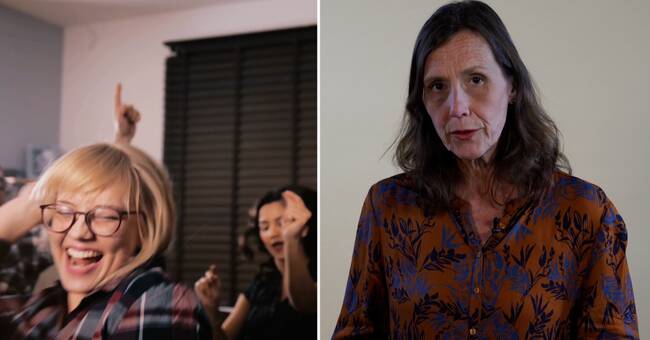Should we step down or step up, was an issue that often came up in my youth, which incidentally coincided with my early career as a financial journalist.
The question was asked regularly on weekdays when we colleagues were still on the premises when the clock was approaching midnight, and a balance needed to be struck between the need to have more fun in the next few hours and the ability to handle expected tasks the next day.
Deep financial crisis prevailed.
While we watched the crisis, Stefan Ingves was one of those who had the much greater responsibility to sort it out.
As head of the bank emergency, he sent several rescue billions into the banks.
Fifteen years later, the global financial crisis broke out.
Stefan Ingves had managed to become Governor of the Riksbank.
Time again to save the banking system with government assistance, this time on a global scale.
The rescue was far above expectations
Now, with the pandemic, it was celebrated for the third time.
It looked really bad last spring.
Interest rates began to rise.
It became difficult to borrow.
Stops in the financial system threatened.
It would have been much worse for the economy than shutdowns and stagnant factories.
The housing market had definitely crashed, as had the stock markets.
So the central banks sent money into the system.
The Riksbank as well.
No weirdness.
Interest rates were pushed down, just as intended.
The strange thing is that the rescue here in Sweden succeeded so far beyond what everyone imagined.
House prices have risen by 20 percent in the middle of the pandemic.
The development became one big house party
The stock market crash in the beginning was turned into a stock market party.
The stock market has risen by 55 percent in the past year.
And today, two parties became one, when housing prices moved into the stock market through Hemnet's stock exchange listing.
The prospectus talks about the risks of future virus outbreaks.
It is warned that shutdowns can prevent people from going to shows, which can make fewer people want to sell, which leads to fewer ads and thus lower profits for Hemnet.
But there is also talk that the value of Swedish housing deals is expected to increase from 560 billion during the pandemic year 2020, to 700 billion in five years.
The share rose by 50 percent during the first trading day, despite warnings from analysts that the company was valued too high before the listing.
All in all, the development can be described as a single large villa party, with increasingly crazy elements.
And this is where it gets weird with the Riksbank.
It still seems to see an acute financial crisis ahead.
Which it is trying to avert today again with promises of zero interest rates, this time until the summer of 2024.
The risk of it tracking has increased
But in practice, the zero interest rate announcement from the Riksbank will be mostly new drinks for the party.
And as if that were not enough, the Riksbank is also lending in party-drug housing bond purchases.
The Riksbank thus continues to buy mortgage bonds to lubricate the system so that banks can lend at even lower mortgage rates than otherwise.
In the third quarter, there will be another 50 billion.
It should be said that the IMF and others warn against withdrawing support measures too soon.
This happened during the financial crisis and led to economic setbacks.
But the Governor's argument today sounded a bit like a mixture of horror memories from the crisis of the 1990s and the global financial crisis of 2008-2009.
The Governor of the Riksbank also warns of the debts that are being built up, and which will continue to be built up.
And the risk increases that the house party really derails sooner or later.

